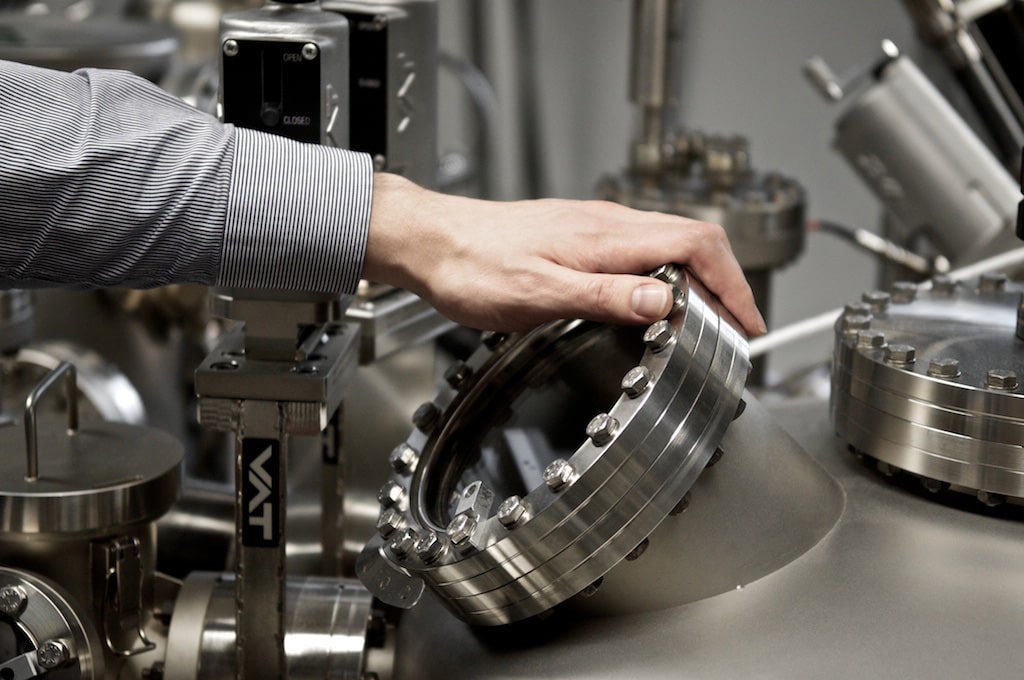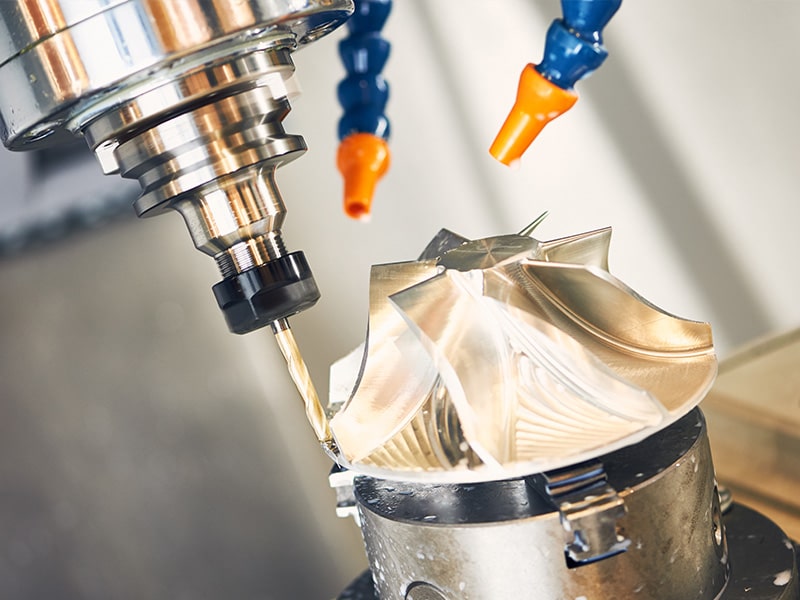CNC Machining Services: Precision Manufacturing for the Modern Era
CNC Machining Services: Precision Manufacturing for the Modern Era
Blog Article
CNC machineries have revolutionized manufacturing by providing a precise and efficient way to make components and parts across many industries. This advanced technology uses machines controlled by computers for cutting drill, milling as well as other tasks on various substances like metals, plastics, and wood. The precision that can be achieved with CNC cutting is unmatched, allowing for complex design to be completed at a high level of accuracy. By replacing manual intervention through automation, CNC machines have significantly reduced the likelihood of human error, and also increased manufacturing speed. This blend of precision and efficiency has made CNC machines an essential aspect of modern manufacturing.
One of the biggest advantages of CNC machines is their ability to produce complex and intricate parts that are extremely precise. Contrary to manual machining where precision is largely dependent on the skills of the operator CNC machines adhere to programmed instructions with exactness. These digital instructions, often generated by CAD (Computer-Aided Design) software, let producers to make parts with accuracy as close as couple of microns. This precision level is vital in sectors like aerospace and medical device manufacturing, in which even the smallest deviation can compromise the quality or security of a product. When using CNC machining, manufacturers can ensure that every part is in compliance with the exact specifications, thus reducing the possibility of a defect and the need for costly rework.
One of the major advantages of CNC machining is its versatility when working with a broad selection of material. It doesn't matter if manufacturers deal with tough metals like steel or titanium or softer materials like wood and plastic CNC machines are adjusted to deal with a variety of jobs of shaping and cutting. This flexibility is what makes CNC manufacturing suitable for components across a wide range of sectors, from medical devices and aerospace parts to consumer electronics and automotive parts. The ability to machine complex geometries that require high precision has also made CNC machines the most popular process for producing intricate parts that are difficult and even unattainable to manufacture using traditional techniques.
One of the major elements of CNC machining is the application of computer-aided design as well as computer-aided production software. CAD software lets engineers develop precise 3D designs of the components that will be manufactured, and CAM software converts these models into machine instruction. This seamless integration between production and design makes sure that products produced meet the initial design specifications. In addition, CAD/CAM software permits rapid prototyping. It allows companies to quickly test and refine their ideas before they commit to large-scale production. Being able to quickly modify the designs and make prototypes offers companies a competitive edge in fields where innovation and speed to market are essential. To gather more information kindly visit Premiumparts
One of the problems with CNC machining is the initial setup cost. Investing in CNC equipment and software to manage it could be costly, particularly for small-sized businesses. However, the longer-term advantages of CNC processing, including lower expenses for labor, enhanced production efficiency and better products' quality usually outweigh the initial investment. Furthermore, many businesses offer CNC machining solutions to enterprises that do not be able to invest in their equipment, allowing smaller manufacturers to profit from this technological advancements without the expense of upfront. If the demand for CNC machining continues to grow in the coming years, the cost of machine and the software will lower, making it accessible to a wider range of companies.
The impact on the environment on the environment CNC machining is another aspect worth taking into consideration. Traditional manufacturing processes typically produce a large amount of waste material, CNC machines are known for their efficiency in manufacturing. In order to precisely cut and shape material, CNC machining minimizes waste which reduces the material cost and environmental footprint. Additionally, the automation of CNC machines can reduce the energy usage in comparison to manual machining. Modern CNC machines are designed with sustainability in mind, with energy-efficient motors and equipment in order to decrease their carbon footprint. This allows CNC machining an environmentally friendly solution for those who want to minimize waste and save resources.